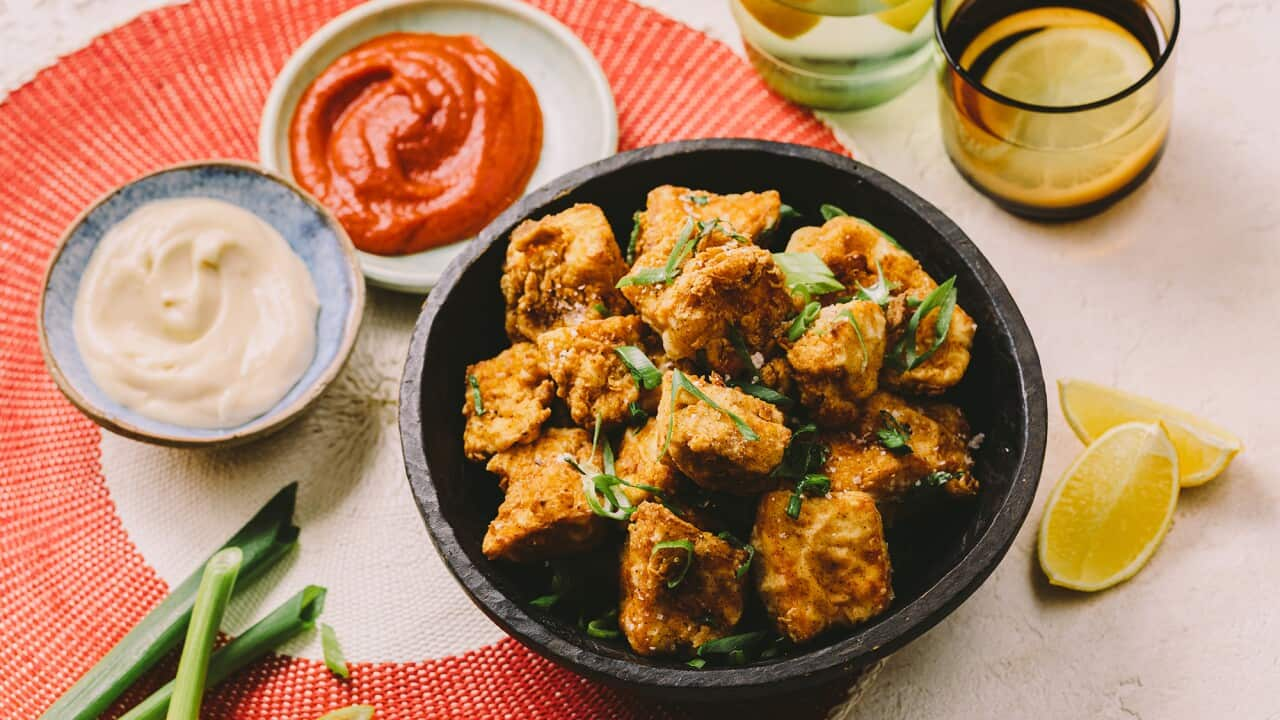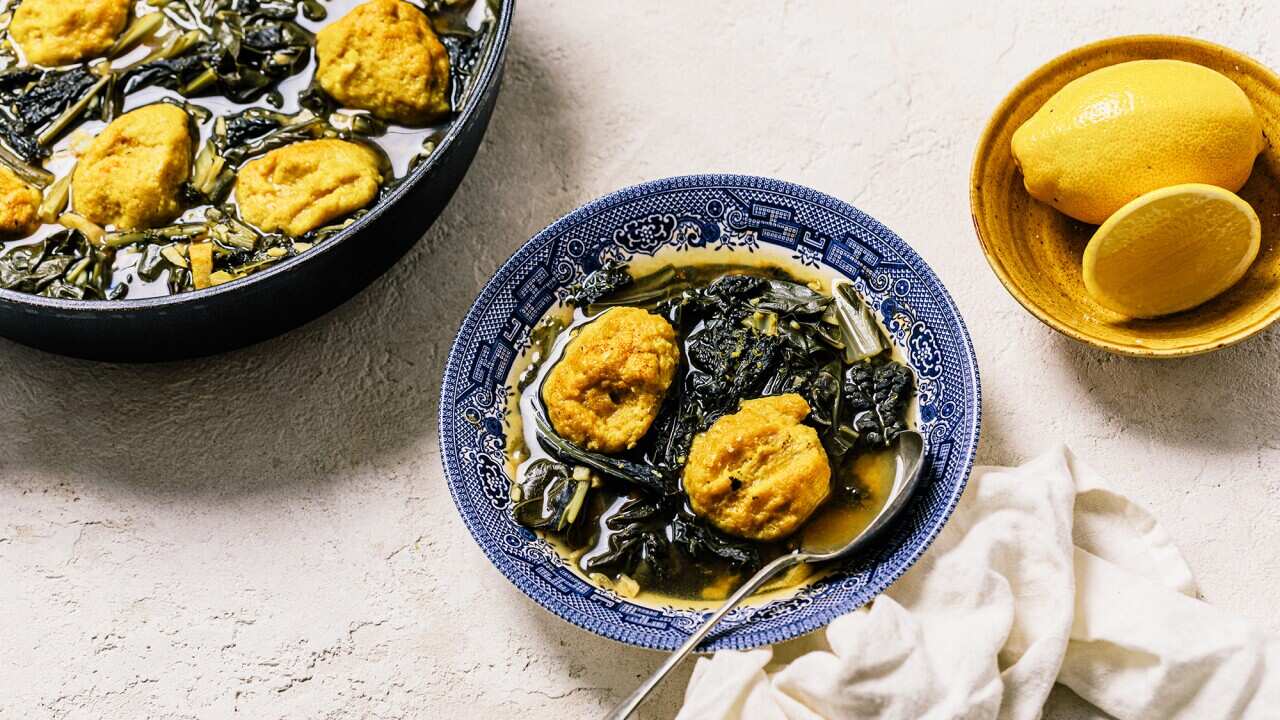serves
6
prep
15 minutes
cook
1 hour
difficulty
Easy
serves
6
people
preparation
15
minutes
cooking
1
hour
difficulty
Easy
level
Ingredients
- 100 g butter, chopped
- 1 small onion, finely chopped
- 700 g (4 cups firmly packed) sauerkraut (see Note)
- 500 ml (2 cups) dry white wine (such as riesling)
- 8 juniper berries, lightly crushed (see Note)
- 6 kasseler pork cutlets (see Note)
- cooked green beans, to serve
Instructions
Melt 80 g butter in a large heavy-based saucepan over medium heat. Add onion and cook, stirring, for 3 minutes or until softened. Add sauerkraut, wine and juniper berries, and bring to the boil. Reduce heat to low and cook, stirring occasionally, for 45 minutes or until almost all liquid has evaporated; add a little water if too dry. Season with salt and pepper.
Meanwhile, heat remaining 20 g butter in a frying pan over medium heat. Cook pork for 5 minutes each side or until golden and heated through. Serve with sauerkraut and green beans.
Note
Sauerkraut is available from delis and selected supermarkets in jars or cryovacked.
Juniper berries, from selected supermarkets and delis, have a piquant flavour. Substitute black peppercorns.
Kasseler pork, available from selected butchers, supermarkets and delis, is a salted, smoked pork cutlet or steak.
DRINK 2009 Schloss Vollrads Kabinett Riesling, Rheingau, Germany ($25)
As seen in Feast magazine, Issue 11, pg75.
Photography by John Laurie.
Cook's Notes
Oven temperatures are for conventional; if using fan-forced (convection), reduce the temperature by 20˚C. | We use Australian tablespoons and cups: 1 teaspoon equals 5 ml; 1 tablespoon equals 20 ml; 1 cup equals 250 ml. | All herbs are fresh (unless specified) and cups are lightly packed. | All vegetables are medium size and peeled, unless specified. | All eggs are 55-60 g, unless specified.









